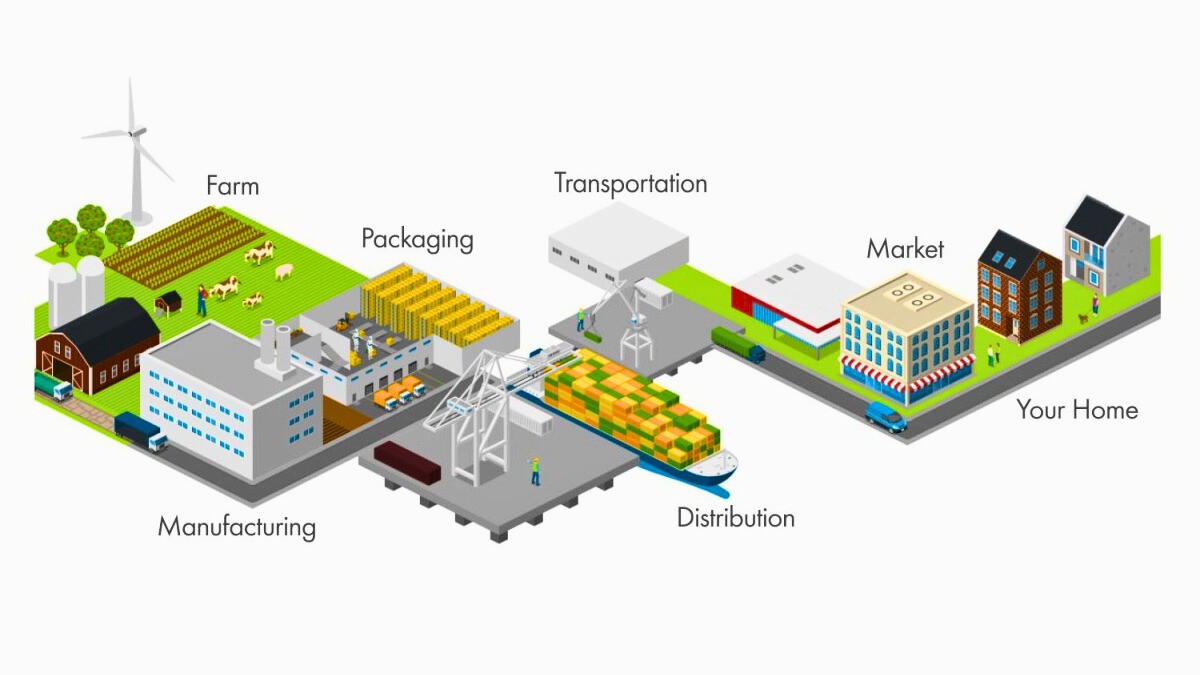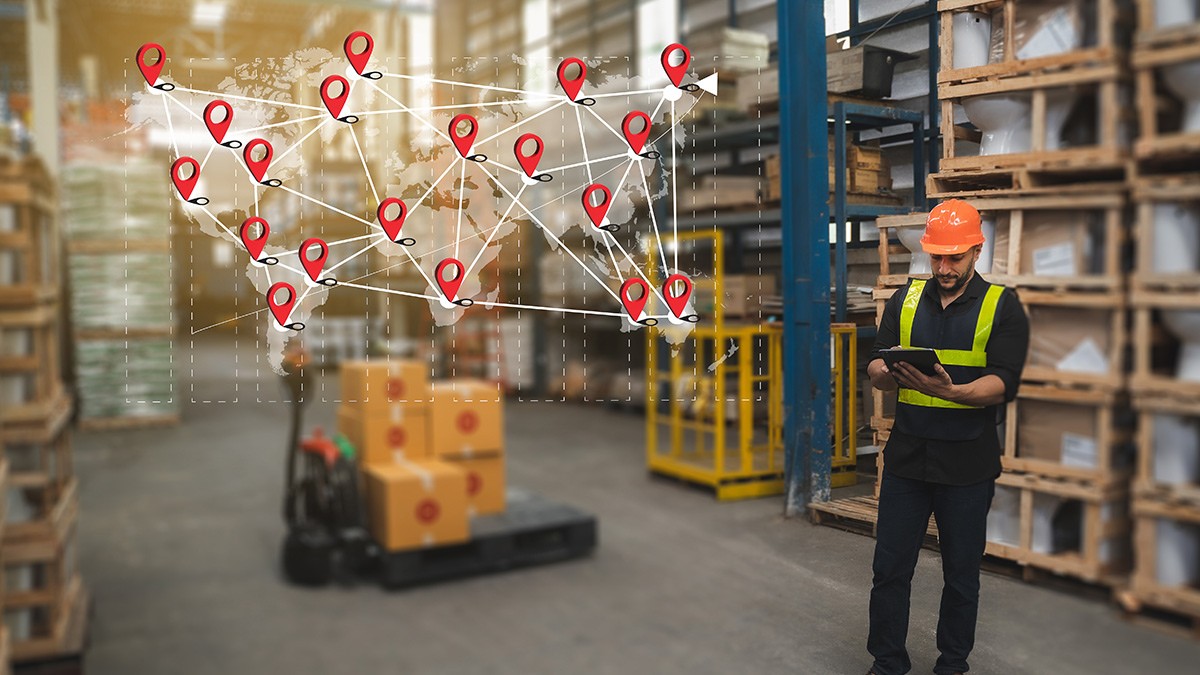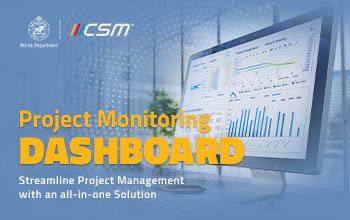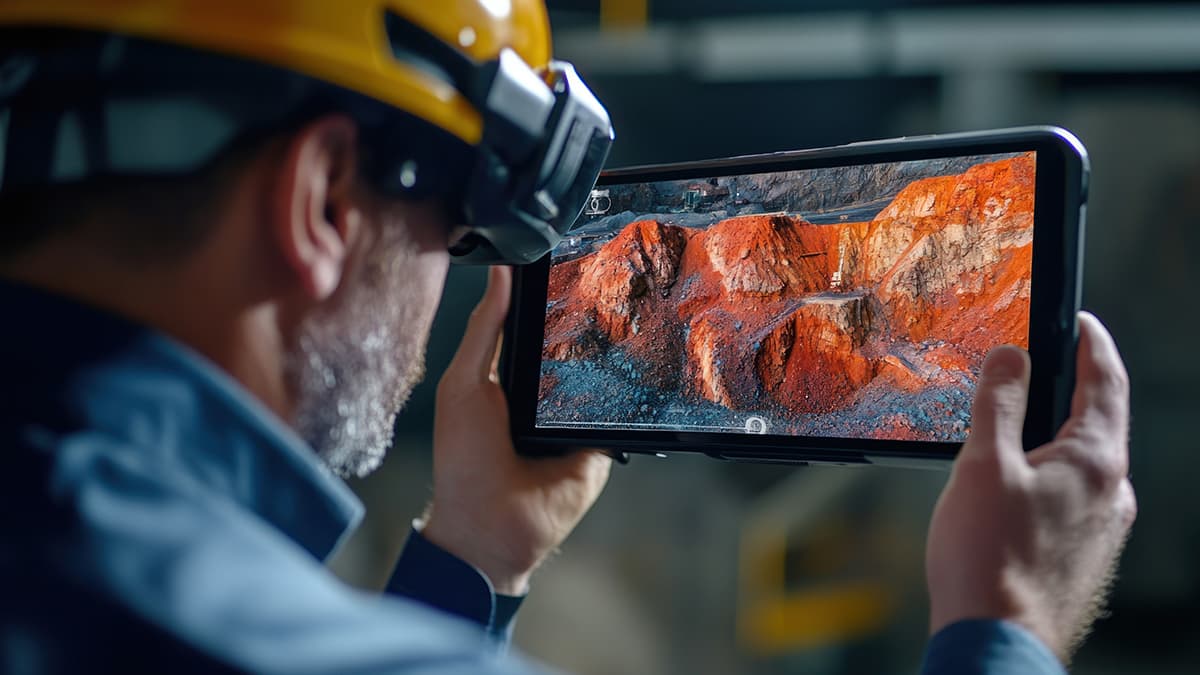
In a nation where agriculture constitutes the backbone of the economy, contributing a staggering 33% to its GDP and employing over 40% of the population (World Bank), the imperative to bolster Kenya's grain supply chain infrastructure is paramount. With an estimated 1.9 million individuals grappling with acute food insecurity, as reported by the Integrated Food Security Phase Classification (IPC), embracing technological advancements could hold the key to fortifying this critical sector.
The intricacies of grain production, storage, and distribution are inextricably linked to the well-being of millions, underscoring the urgency for innovative solutions. A study by the Food and Agriculture Organization (FAO) revealed that post-harvest losses in Kenya's grain supply chain can reach a staggering 30%, exacerbating food shortages and economic strain. This predicament demands a comprehensive overhaul of existing supply chain mechanisms, harnessing the transformative potential of technology.
At the forefront of this endeavor lies the integration of precision agriculture techniques. Research conducted by the International Maize and Wheat Improvement Center (CIMMYT) has demonstrated that precision farming practices can increase crop yields by up to 30% while reducing input costs by 20%. By leveraging advanced sensing technologies, remote monitoring, and data analytics, farmers can optimize resource allocation, mitigate environmental risks, and enhance productivity.

The role of blockchain technology in fortifying the grain supply chain cannot be overlooked. A pilot study by the United Nations World Food Programme (WFP) in Kenya's refugee camps demonstrated the efficacy of blockchain in streamlining cash-based transfers, reducing operational costs by 98%. By establishing an immutable and decentralized ledger, blockchain can revolutionize traceability and quality assurance, fostering consumer trust and safeguarding food safety.
However, the successful implementation of these technological interventions hinges on robust infrastructural development and capacity-building initiatives. A report by the African Development Bank (AfDB) highlighted the need for investments in rural infrastructure, including roads, electricity, and ICT connectivity, to facilitate the adoption of modern agricultural practices. Collaborative efforts between government agencies, private sector entities, and international organizations are imperative to establish a conducive ecosystem for innovation.
It is crucial to acknowledge the multifaceted nature of food security challenges, which transcend mere production constraints. Socioeconomic factors, such as poverty, gender inequality, and inadequate market access, exacerbate vulnerabilities and impede progress. Technological interventions must be complemented by comprehensive policies and programs that address these underlying issues, fostering an inclusive and sustainable food system.

As Kenya navigates the complexities of the 21st century, the imperative to harness the power of technology in bolstering its grain supply chain cannot be overstated. By embracing innovation and fostering cross-sectoral collaborations, the nation can pave the way for a future where food security is no longer an elusive dream but a tangible reality, ensuring the well-being and prosperity of its citizens.


























































We will verify and publish your comment soon.